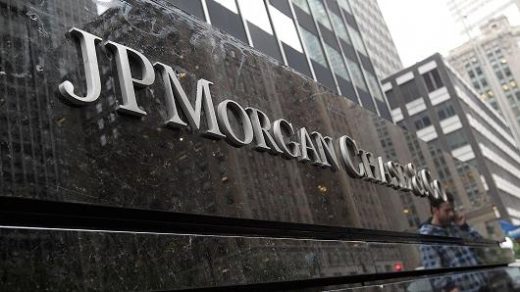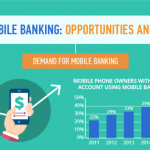This is why JPMorgan Chase is buying payments startup WePay
A merchant’s primary financial relationship used to be with its bank. But payments companies have now snagged that prized position, thanks to their central role in online transactions and modern point-of-sale solutions. Increasingly, merchants view their payments relationship–more than their bank relationship–as the gateway to financial services including loans, payroll management, and customer rewards.
Enter Wall Street giant JPMorgan Chase, which yesterday announced its acquisition of WePay, a payments startup founded in 2008 and valued at around $220 million in 2015. WePay serves online businesses like marketplaces and crowdfunding sites. Its API solution can handle payment processing, fraud detection, and complex payouts. The two parties did not disclose the terms of the acquisition, but the Wall Street Journal reports that the purchase price topped WePay’s prior valuation, making the deal Chase’s first major fintech buy.
“We’re going to keep that innovative spirit and their entrepreneurial approach, but backed and funded by Chase, and with the added benefit of all our distribution capacity,” says Matt Kane, CEO of Chase Merchant Services, adding that the bank serves over 4 million small business clients.
In addition, WePay will benefit from the Chase balance sheet. Competitors like PayPal and Stripe, for example, have recently introduced instant payments. Square, in turn, has started lending money to merchants through its Square Capital division. Access to a massive balance sheet will position WePay to rapidly scale related products.
“We’ve done a really good job in certain parts of the market, but a huge part is unaddressed,” says WePay cofounder and CEO Bill Clerico. “It’s a race to capture that opportunity, and having more resources will help us go faster.”
Already, he is planning to double his team of 200 over the next year, and at the same time move into a larger office in Redwood City, California. WePay will continue to operate as its own brand.
Fast Company , Read Full Story
(41)












